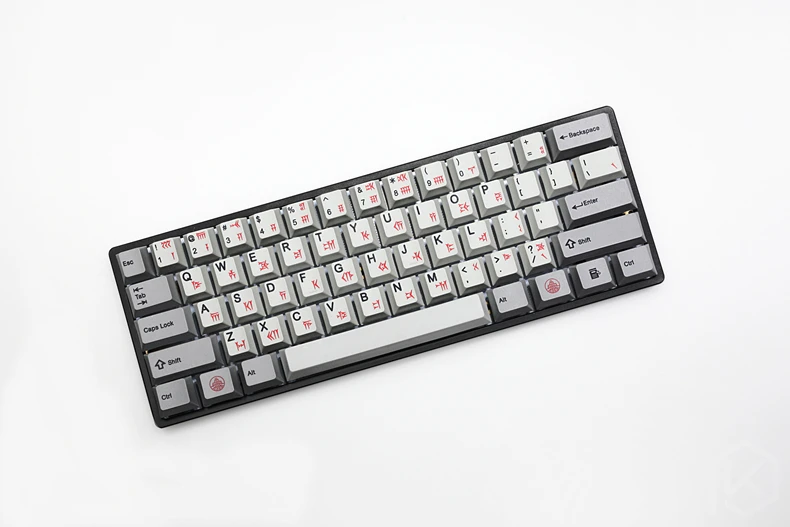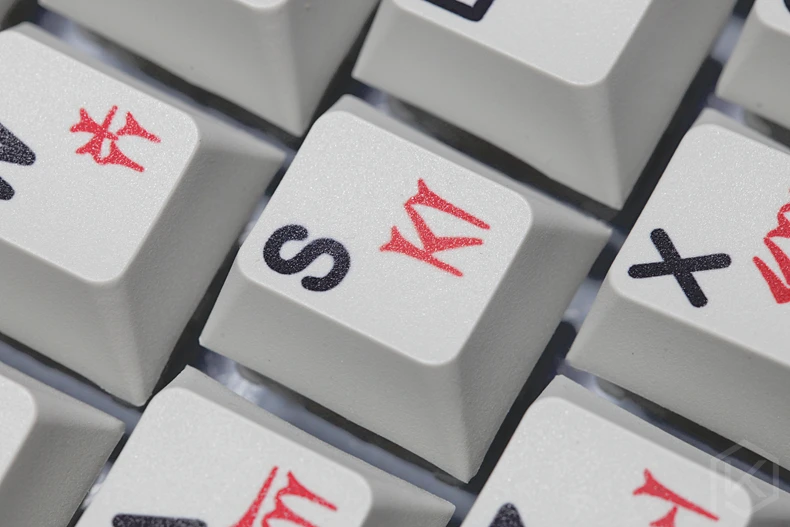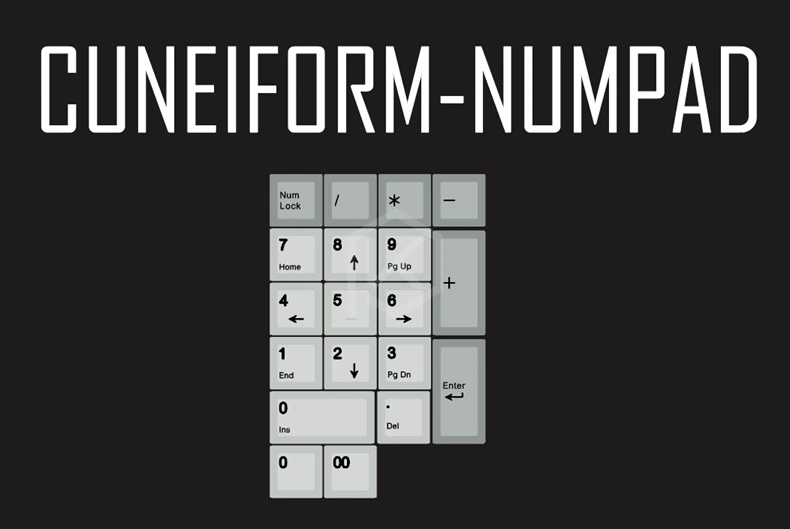kprepublic 139 Ancient Babylon cuneiform font language Cherry profile Dye Sub Keycap PBT for gh60 xd60 xd84 cospad tada68 87 104
Shipping calculated at checkout
RETURNS POLICY
RETURNS POLICY
During COVID-19, If you do not receive the goods after 90 days, please contact us in time. We will contact the express company for you. If we confirm that the goods cannot arrive or are lost, we will refund to you.
If there is any defect or defect in the product you received, please contact us in time and attach video or picture description. After confirmation, we will send you a replacement product for free. Thank you for your understanding and support.
UPDATE - Since the COVID-19, the longest shipping time we encounter is over 140 days with free shipping. If you don't receive the parcel after 140 days, please feel free to contact us for a solution (refund or reshipment). NOTE - the 140-day starter is from the day you have the tracking info, NOT from the day when you place the order.
You should expect to receive your refund within four weeks of giving your package to the return shipper, however, in many cases you will receive a refund more quickly. This time period includes the transit time for us to receive your return from the shipper (5 to 10 business days), the time it takes us to process your return once we receive it (3 to 5 business days), and the time it takes your bank to process our refund request (5 to 10 business days).
Return shipping fee is required. You need to pay return shipping fee for returns.
Where do I download software if I buy a keyboard that needs software?
Please check menu bar - download tab to download the software and instruction.
How do I choose what we want if i buy a custom kit?
If you buy a PCB kit, which has switch, cable colour and case colour option, please leave a note at checkout.



















